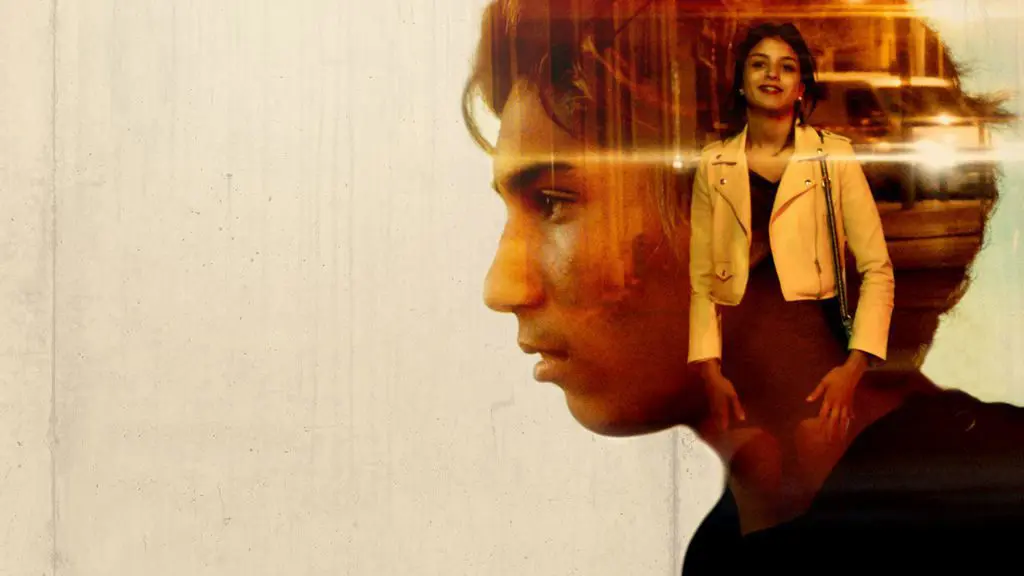Summary
Bleak and uncomfortable at times, Sheherazade looks at the very real world of teenage prostitution, giving us great performances from a young and relatively unheard-of cast.
Sheherazade is now streaming on Netflix and if you are looking for a love story wrapped up in a bracing look at the lives of juvenile delinquents and sex workers then this could very well be right up your street.
Zachary, played by Dylan Robert (C a vous, Quotidien) has just been released from juvenile prison. Upon his release he discovers that his mother has decided that she can no longer look after him; he is now the state’s problem. He runs away from his group home and meets a prostitute named Sheherazade, played by Kenza Fortas (Quotidien L’invite) with whom he falls in love and at the same time pimps.
This is the feature debut for director Jean-Bernard Marlin (La Fugue, Le Peau Dure) and he shows us remarkable confidence in the director’s chair. The camera is not afraid for that extra second to show us how the characters are feeling, in fact in one scene the camera holds for an almost uncomfortable length of time, giving the viewer a chance to interpret and then reinterpret the meaning of a look between two characters. The score is minimal and grounds the film in its brutal reality. This is not a film that glamourizes a certain lifestyle but neither does it wag its finger. Rarely in film do we get the chance to view the lives of people on the fringes of society without feeling the need to politicize them.
Some aspects reminded me of Andrea Arnold’s Fishtank with its unflinching depiction of the hard lives of its characters. These are for the most part people who make decisions not from greed but from desperation. They are complex and flawed people, some of whom are good and some of whom are bad, but the audience is left to decide for themselves which is which.

From an acting standpoint, Sheherazade is an underplayed joy. The flashier role goes to Zachary who does an excellent job at playing the sullen delinquent who finds himself working as a pimp as a means to fill his wallet and garner some notoriety in place of self-esteem. However, as the titular Sherherazade, Fortas is outstanding. She brings stoicism to her character in the face of such a bleak lifestyle. She does not complain or bemoan because she simply does not see any alternative.
There is a strange Freudian dynamic at play here; rejected and let down by his mother Zach starts selling women. This is unlikely to be a coincidence and the film returns frequently to his relationship with his mother. It is in these scenes that we stop seeing an impulsive drug dealer and pimp but are presented with a vulnerable boy who just wants to be made to feel safe.
Overall, Sheherazade is at times an uncomfortable watch, but one suspects that is the point. This kind of social realist filmmaking is by definition supposed to show us in clear terms the lives of many real people today and in that it succeeds. To do so whilst also giving us three-dimensional characters with an arc is a real achievement. This one may not make it to the top of your suggested films on Netflix but it is worth looking for.




